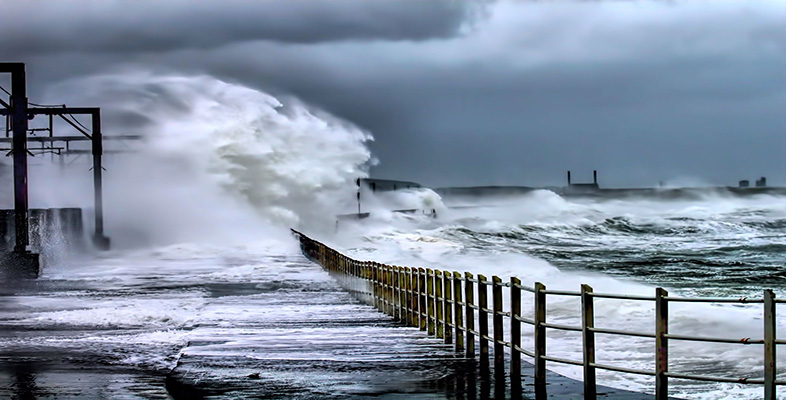3.1 Globalisation and nationalism
Often globalisation is viewed as a challenge to the nations, to states and to forms of activity on a local scale. However, the emergence of global institutions like the United Nations, the World Bank and the International Monetary Fund has coincided with an increase in the number of independent nation states. It seems the rise in global social, cultural, political and economic processes increased the interest in, and exploration of, nations and nationalism. Even where nations (groups that claim a common identity) do seek to become states (form self-determined governments) there is an increased awareness and recognition of nations and nationalism (Hobsbawm, 2000).
Some commentators argue that nationalism and an increasing interest in folk cultures is a reaction to globalisation. Economic and political globalisation threatens nations and states, while the globalisation of culture is seen as threatening local indigenous cultures. It is clear that the dominance of our minority world social, cultural, political and economic structures is a threat to national economies and local cultures. For example, the threat that English (and other languages associated with economic and cultural dominance) has on indigenous languages. However, it is not clear whether our interest in nationalism and local cultures is a reaction to globalisation, or actually part and parcel of globalisation. For example, the globalisation of food markets is seen as a direct challenge to local food markets where the import of cheaper food undermines the market for local produce.
